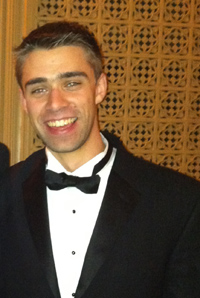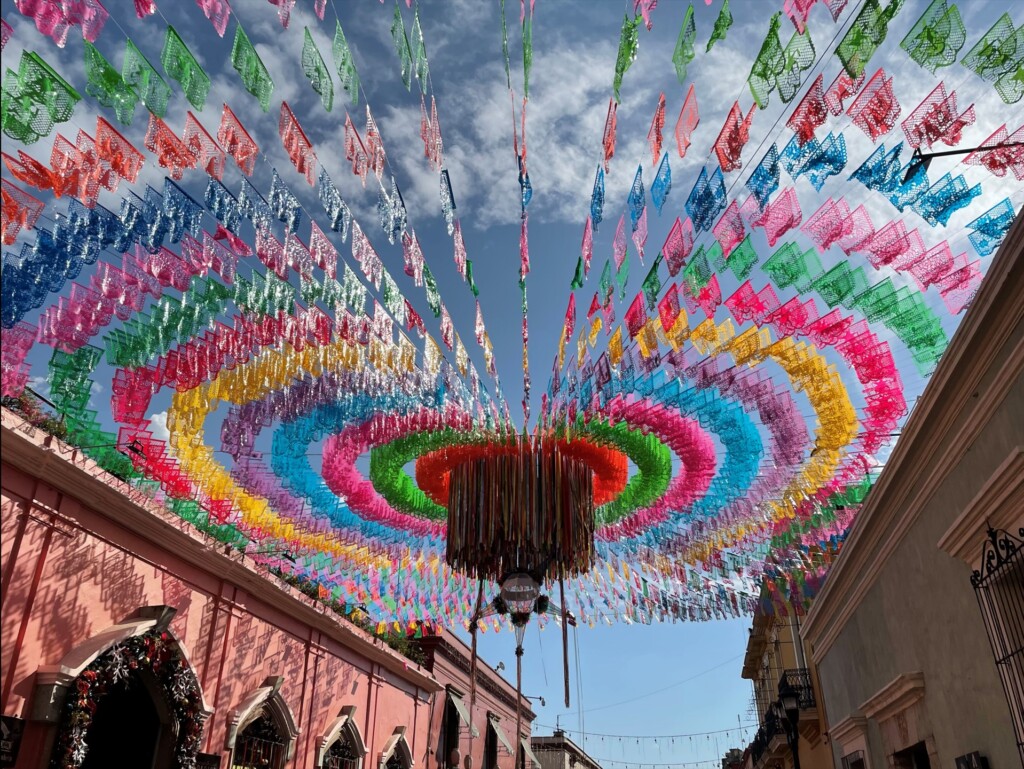Page 70 • (3,621 results in 0.04 seconds)
-

concentration in finance. What prompted that switch? Accounting just wasn’t for me. I am not a human calculator. When I took my first finance class, the professor told me I should do finance. I took a couple more advanced finance classes and went, “I want to do finance.”When did you add the double major in economics? I was taking economics courses for my business degree, and Dr. Priscilla St. Clair—huge shoutout to her—pushed me to think about how humans make choices. I thought that intersected with
-
.” A student of History may focus on the “continuity in human society over time” by “evaluating evidence, organizing information, clarifying and structuring concepts, and writing narratives and expositions,” or a student of Physics may study the material universe in a specific time and place (say, atoms, black holes, or super-conductors). Classics, however, rather than covering a single discipline at a single time and place covers all human activity in the Mediterranean world from the Bronze Age
-
produces trustworthy data, and helps researchers draw practical conclusions to evaluate trends or projections. Data can be derived from sources such as surveys, polls and experiments. Statisticians apply their knowledge to a wide array of disciplines, such as agriculture, biology, computer science, economics, education, engineering, human resources, marketing, medicine, public health, psychology, sociology, and sports. Careers in StatisticsStatistics requires a rigorous mathematical preparation
-

and games! PLU offered the opportunity for me to simultaneously pursue my passion for engineering and my love of music, and I just could not turn down an opportunity like that. My PLU experience: Adventure, growth, friends, Frisbees, The Big Bang Theory, music, and trebuchets. Over my four years I have grown as a student, musician, scientist, human being, and global citizen. I have learned the value and importance of community from my friends and mentors in the alumni office, the physics
-

, (black/latinx/queer) feminist thought, and aesthetics. He recently won an essay contest for a piece titled “Moral Bioenhancement as Potential Means of Oppression.” Professor Henry T. (Hank) Greely will speak on “Human Biological Enhancement: Fears, Realities, and Significance.” Greely chairs the Stanford Center for Biomedical Ethics’s steering committee and directs the Center for Law and the Biosciences, and the Stanford Program in Neuroscience and Society. Greely is also a professor of genetics at
-

an award-winning science journalist, microbiologist, and author of Flush: The Remarkable Science of an Unlikely Treasure. As a science writer at Newsday from 2000 to 2007, Nelson wrote frequently about the Human Genome Project, gene therapy, stem cell research, conservation, global warming, ecology, and the West Nile virus. As a freelance writer, Nelson has written for the New York Times, Wired, Scientific American, CNN Travel, Nature, New Scientist, The Guardian, ENSIA, and bioGraphic. Among his
-

here in Parkland and Tacoma. When you graduate, your degree will equip you with the cultural competency and sensitivity to be an effective participant in the global community of the twenty-first century. Graduates from the last 5 years: Their jobs Bilingual Legal Assistant at Hanis Irvine Prothero, Attorneys At Law Unaccompanied Children Caseworker/Child Protective Caseworker, International Rescue Committee (IRC) World Language Teacher (Spanish), Lincoln High School Environmental Scientist, Freese
-
probe the human experience: What am I living for? Whom do I truly want to become? How do I work towards something when I don’t even know what it ultimately is? How does what I am studying matter to me and my path in life? Do my actions make any real difference in the bigger scheme of things? Where can I be creative? What is my society or life or God asking of me? Anything? How much is enough? Do I want to bring children into the world? To what am I most vulnerable? Will I always be stereotyped? Do I
-
Course Descriptions ESCI 102 : General Oceanography - NW Oceanography and its relationship to other fields; physical, chemical, biological, climatic, and geological aspects of the sea. Includes labs and field trips. (4) ESCI 103 : Earthquakes, Volcanoes, and Geologic Hazards - NW Study of the geologic environment and its relationship to humans, with emphasis on geologic features and processes that create hazards when encroached upon by human activity; including, earthquakes, volcanic eruptions
-
in a global photo album that I’m creating via my interaction with a few hundred lines of code. I’m creating the album, the album is creating itself. I’m having my first experience with what we now call “big data,” but it’s surprisingly human. People tagging walls. People recording video of people tagging walls. The photos are equal parts inspiring, offensive, and entertaining. I recognize in this moment that the digital does not replace the human. Rather, it extends the human into a world made by
Do you have any feedback for us? If so, feel free to use our Feedback Form.


